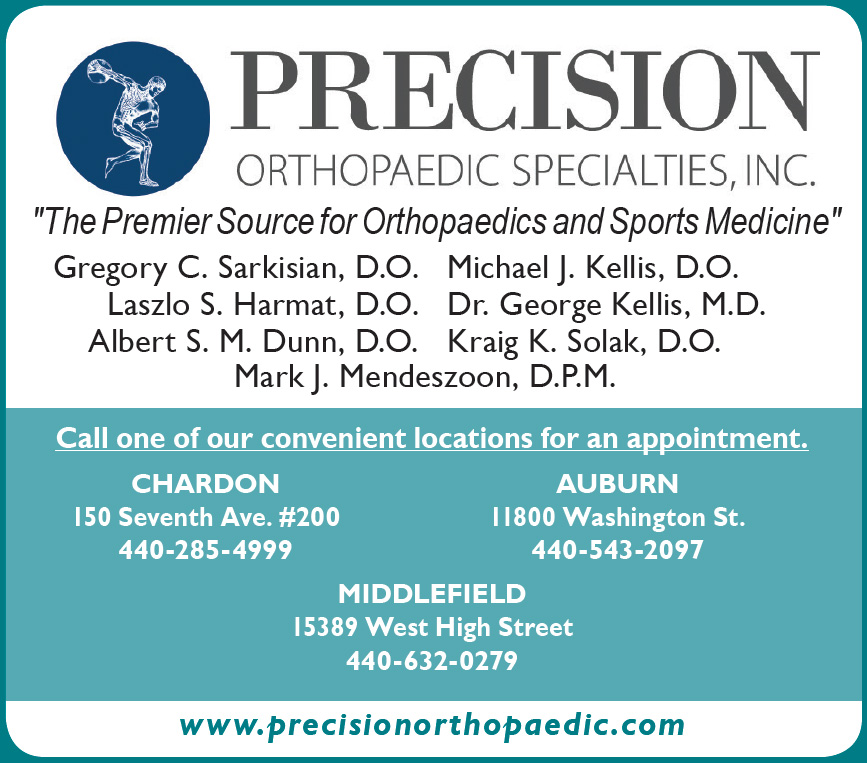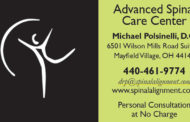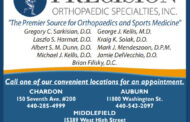
Mark Mendeszoon, DPM, is a partner of Precision Orthopaedic Specialties Inc. and owner of Achilles Running Shop. Additionally, he serves as team physician & track & field coach for local high schools.
SPORTS MEDICINE AND BIOMECHANICS, ORTHOTICS
DIABETIC FOOT CARE & DIABETIC LIMB SALVAGE SURGERY
LOWER LEG, ANKLE AND FOOT RECONSTRUCTIVE SURGERY
PEDIATRIC NON-OPERATIVE & SURGICAL MANAGEMENT
LOWER LEG, ANKLE & FOOT TRAUMA MANAGEMENT
FOOT & ANKLE IMPLANTS
TOTAL ANKLE JOINT REPLACEMENT SURGERY
TENEX PROCEDURE SPECIALIST
What is Tendonitis?
By Dr. Mark Mendeszoon
Many patients suffer from an overuse condition called tendonitis. Although this condition is used constantly in sports medicine jargon, it really is not always the correct term for tendon problems.
TENDON PROBLEMS
Tendons are very complex structures that are made up of fibers of connective tissue. Tendons connect muscle to bone and allow for movement of the joints in the body. This connective tissue can vary in individuals due to genetic makeup and thus make certain people prone to tendon problems.
Tendons withstand a tremendous amount of stress, force, friction and shear. When these forces are overwhelming perhaps due to muscle imbalances, foot deformities, bad equipment, bad or poorly fit shoes, or doing too much too fast, the tendon can start to become strained and microscopically break down or tear.
Tendonosis is the proper term for actual tendon breakdown, and tenosynovitis is when the sheath around the tendon becomes weakened or torn and then allows the lubricating fluid around the tendon to leak out. Tendonitis is the general term used for most tendon problems. Most tendons are slow to breakdown, but it is not uncommon for the weekend warrior or person who does not properly warmup to tear or rip their tendon completely. A common example of such an injury is the dreaded Achilles tendon rupture.
TENDON PROBLEMS PREVENTION
The best ways to prevent tendon problems are to warm up properly, stretch and cool down. Use proper equipment for your appropriate sport. Listen to your body when soreness doesn’t go away in a few days. Cross training is very helpful and maintaining good overall strength and flexibility can alleviate symptoms.
TENDON TREATMENTS
If your injury does not improve with rest or time off, then seek medical attention. Physicians and surgeons will safely place you on anti-inflammatory medications, prescribe recovery programs, dispense appropriate braces, insoles or equipment to diminish stress and allow the tendons to heal. Physical therapy is extremely effective and in some situations, injections may be helpful.
Ultimately if damage is severe and unresponsive to conservative treatment, then surgery may be indicated. Surgery may be a traditional open procedure or recently a new technology has been used that is a very minimally invasive alternative. This is called Tenex Percutaneous Tendon Tenotomy or Debridement. This new technology has been shown to be very effective with virtually no side effects, quick recovery, and a high success rate.
























